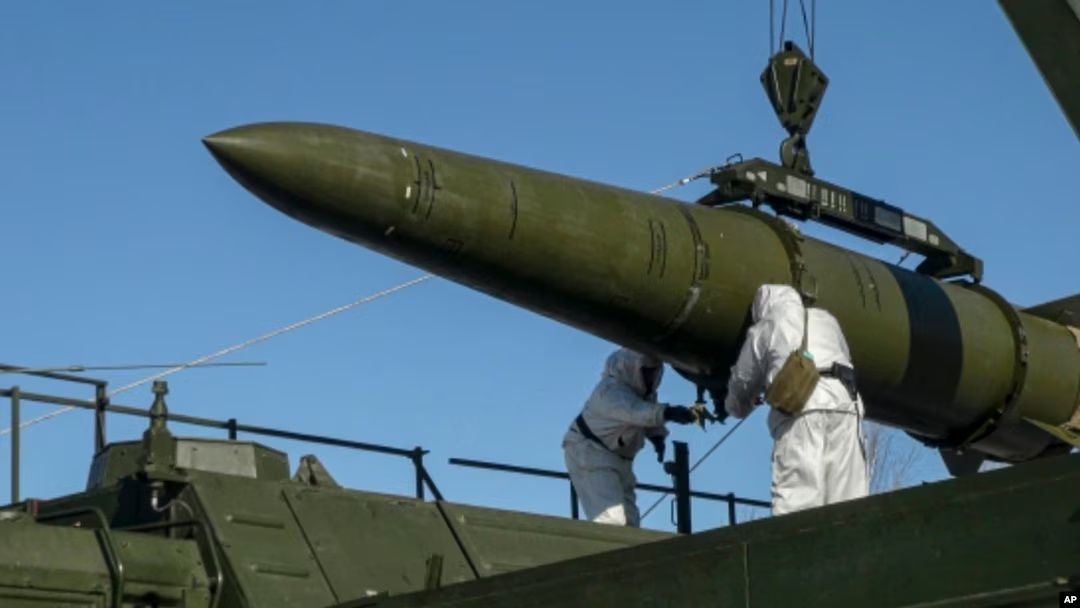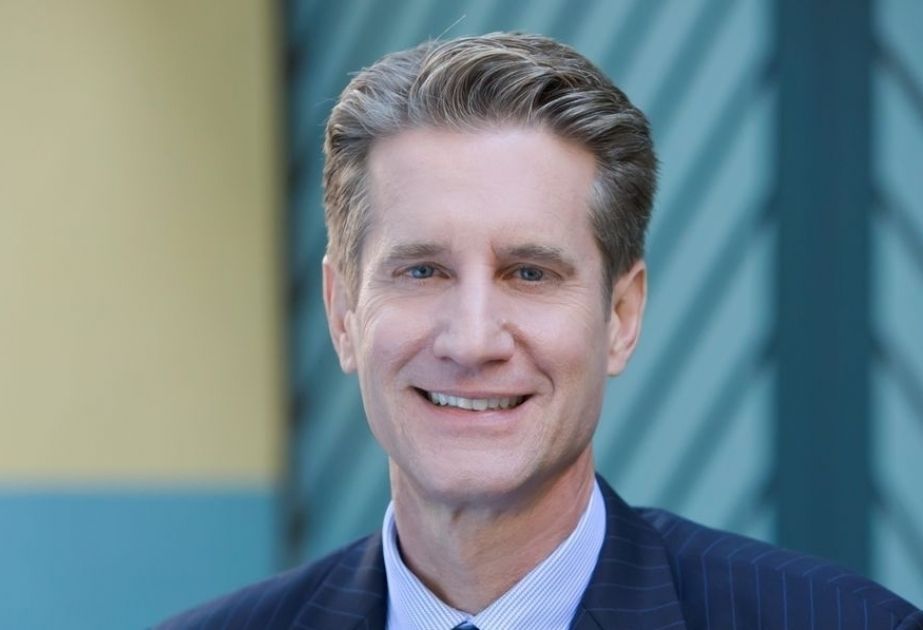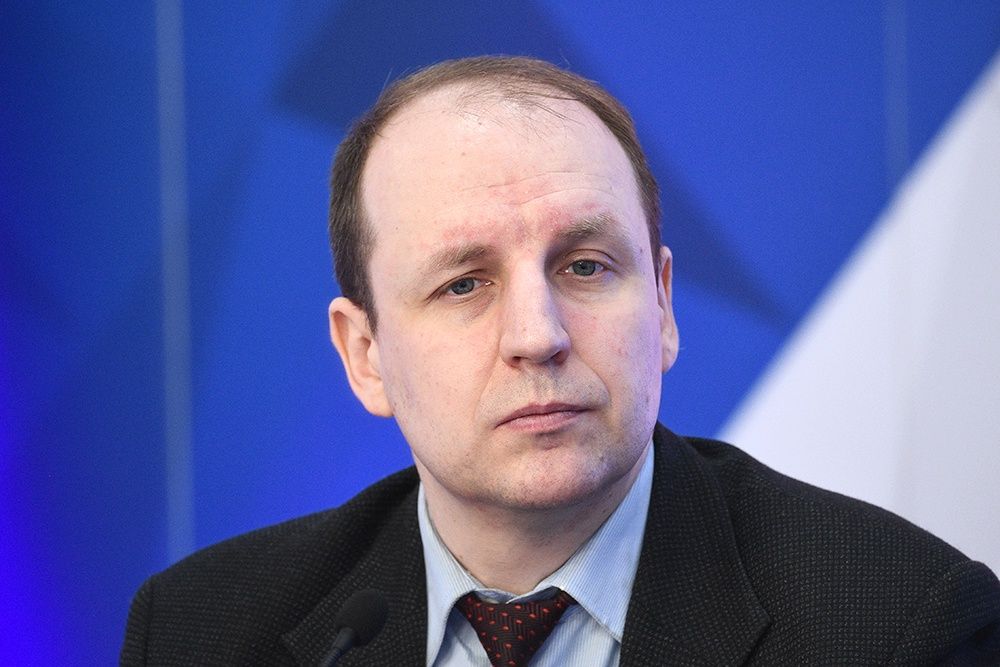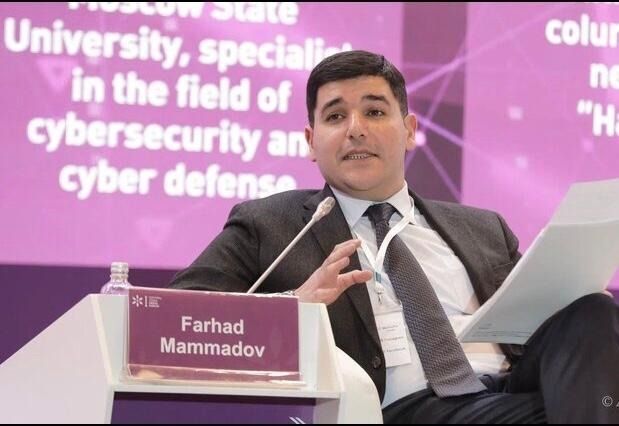Experts weigh in Russia's nuclear doctrine shifts and consequences amidst conflict escalation

On September 11, British Foreign Minister David Lammy and US Secretary of State Antony Blinken visited Kyiv. Ahead of the visit, they expressed concerns at a joint press conference in London about Iran's alleged transfer of short-range ballistic missiles to Russia. Iran has strongly denied these claims, calling them "completely baseless and false" and criticising what it sees as Western hypocrisy. In response, the United States, Britain, France, and Germany imposed further sanctions on Iran, citing Tehran's "escalatory" actions, although they have yet to provide concrete evidence and the weapon has not been observed on the battlefield. This situation points to an increasing intensity in the conflict, evolving into a complex hybrid war where psychological endurance becomes a key factor for both sides.
Adding to the complexity, Russian Deputy Foreign Minister Sergey Ryabkov recently stated in an interview that the decision to revise Russia's nuclear doctrine was "connected with the escalation course of our Western adversaries."
In this context, Azernews sought the views of international experts on the evolving situation, particularly regarding Russia's nuclear doctrine and the possibility of Azerbaijan playing a mediating role in peace talks between Ukraine and Russia.
Matthew Bryza, Former U.S. Ambassador to Azerbaijan and Board Member of the Jamestown Foundation:

"It's important to note, though, that the United States, Britain, France, and Germany have no obligation to provide any evidence of what they believe is happening, which is that Iran is providing ballistic missiles to Russia. Personally, I have no doubt Iran is doing so. Based on testimony I've heard from U.S. intelligence officials, including Bill Burns, the head of the CIA, and from academic experts who are not political people, it's clear Iran is transferring both 'Shahed' drones and ballistic missiles to Russia for use in Ukraine, not on the battlefield, but against civilians and energy infrastructure. And Iran has a very large capacity to manufacture ballistic missiles. A second point is you would never see the ballistic missiles on the battlefield because, as I said, they're not used to attract troops by Russia. Russia uses them to kill innocent civilians and to target Ukraine's industrial and really its energy infrastructure.
Bryza also expressed scepticism about Russia's nuclear threats, stating that tensions will likely de-escalate once Russia realises its nuclear threats are not intimidating anyone.
"I think that tensions will de-escalate as soon as Russia understands it is not frightening anybody with its threats to use nuclear weapons. It's looking foolish. And if it were to use a nuclear weapon on the battlefield, as we now know, the United States, via the person I mentioned before, Bill Burns, the former ambassador to Russia and current head of the CIA, went to Moscow last year when there were signs Russia was preparing to use nuclear weapons or a nuclear weapon on the battlefield and explained to his counterparts and to President Putin that were Russia to do that, the U.S. and its allies would attack Russian soldiers in Ukraine and destroy them. So Russia's threats to escalate to the nuclear level are not deterring Ukraine's friends in the United States and in Europe. And Deputy Minister Ryabkov, who used to be the deputy ambassador in Washington, is doing what he's told to do, which is that Russia tries always to frighten other countries because it thinks that gives them power and influence.
Commenting on the issue, the Russian political expert, Member of the Council on Foreign Relations under the President of Russia, Bogdan Bezpalko, accused the West of hypocrisy.

“I think that the West takes seriously the changes in Russia's
nuclear doctrine as a threat, or more precisely as a polite
warning. Especially in connection with the fact that Russia in no
way explains now that, in fact, it is going to change its nuclear
doctrines. We simply announced that we will make the necessary
changes. Of course, accusations against Iran of supplying missiles
are a manifestation of hypocrisy on the part of the West. Why?
Because Kyiv, Great Britain, France and other countries are
striving in every possible way to supply their own weapons,
including cruise missiles, to Ukraine. It turns out that they can
supply missiles to Ukraine, but Iran cannot supply missiles to
Russia. And, despite the fact that it, through its representatives,
denies this information, sanctions are going to be imposed against
Iran, or, at least, new sanctions are threatened. In any case, this
reflects the hypocrisy and double standards of Western countries.
Moreover, no sanctions were planned against Israel, especially
after the strike on the peaceful zone in the Gaza Strip and now the
death of 40 people are being introduced today. European countries
currently have no desire to be involved in the conflict. This is
evidenced, for example, by the clear position of German Chancellor
Olaf Scholz, who categorically refused to supply long-range Taurus
missiles, as well as to send military instructors for direct
participation in the conflict. Recently, Russian provocateurs
(pranksters) talked to Radosław Sikorski, who confirmed that the
desire to defend Ukraine in Poland is practically zero, this is a
quote, and that now even on the issue of destroying missiles from
Polish airspace, there is no clear agreement in Poland itself
within the Polish political community.
"Therefore, it is impossible to say at the moment that some European countries may be involved in the conflict. But the situation may change, and they may be forced to enter this conflict. Moreover, it is European countries, not the United States, that may experience an immediate threat, including the threat of nuclear proliferation. The US is far away, the nuclear cloud will not reach them, and now, in view of the possibility of using nuclear weapons, they have ordered a study of the impact of nuclear explosions on the agricultural sector. Obviously, the possibility of certain products falling out of the global trade network will be studied. As a result, for example, of the involvement of European countries in this conflict and attacks on them.
"But all this, in my opinion, is a matter of perspective, that is, the future. Germany is openly preparing for war, but it is preparing for war by 2030, maybe by 2027, 2028, 2029 or even 2030. Right now, in 2024, not a single European country wants to enter into a military conflict with Russia, does not plan to do so in the person of its elites. They do not have weapons for this, they do not have full-fledged well-mobilized armies, especially conscripts, and they do not have sufficient finances. I think that now the role of intermediaries is diminishing, simply because there is no room for compromise. Türkiye is a rather specific mediator. On the one hand, it acts, strives to act as a mediator between Russia and Ukraine, and on the other hand, it makes statements that are, in principle, unacceptable for Russia. For example, that Crimea should return to Ukraine. I do not think that Azerbaijan can become such a mediator now. The issue is not some contradictions in Russian-Azerbaijani relations, but simply that there is no real basis for negotiations now. That is, the efforts of any mediator, even such a powerful one, say, as China or India, will simply be fruitless now because the demands of the parties are mutually exclusive.”
In addition, the Azerbaijani political commentator Farhad Mammadov, Director of the South Caucasus Research Centre, expressed his opinion on the change of Russia's nuclear doctrines as well as the increase in the scale of the conflict.

“I do not think that the threat of using nuclear weapons will play
any role in the Russian-Ukrainian war in the next 2-3 months. Until
the elections in the USA, the West will cross the red lines it
previously drew for itself. This includes the entry of the
Ukrainian army into Russian territory, the use of Western weapons
in the depths of Russia, etc. All this was predicted and is
happening now. Until the elections in the United States, such steps
will be taken to support the candidate of the Democratic party,
that is, to support her agenda.
"Regarding the role of Azerbaijan, it should be taken into account that there are several forms of mediation. The first is that both parties must agree to any country acting as a mediator. The second point is that mediation can be general in relation to a specific set of issues. For example, Azerbaijan can provide space for negotiations. Secondly, Azerbaijan can be a mediator on specific issues. For example, the field of energy, the issue of Crimean Tatars captured in Russia, etc. Thus, both parties refer to Azerbaijan regarding specific issues, and accordingly, Azerbaijan can offer its mediation activities.”
---
Follow us on Twitter @AzerNewsAz
Here we are to serve you with news right now. It does not cost much, but worth your attention.
Choose to support open, independent, quality journalism and subscribe on a monthly basis.
By subscribing to our online newspaper, you can have full digital access to all news, analysis, and much more.
You can also follow AzerNEWS on Twitter @AzerNewsAz or Facebook @AzerNewsNewspaper
Thank you!

